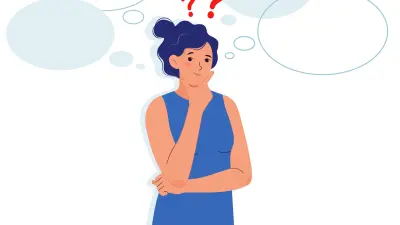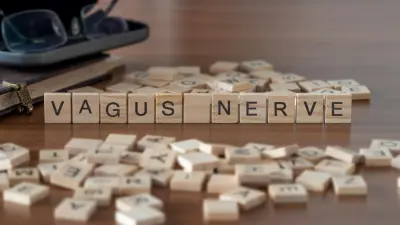What if everything you thought you knew about anxiety—or ADHD—was missing the bigger picture? In a powerful episode of The Mel Robbins Podcast, Mel sits down with psychiatrist Dr. Tracy Marks to unpack the deep, often misunderstood connection between these two conditions. What she shared can shift not just how you understand your own mental health, but how you support the people you love.
3 Truths That Will Change Everything
Truth #1: Anxiety and ADHD Often Travel Together
Anxiety is frequently diagnosed before ADHD—especially in women and kids—but they’re rarely isolated issues.
“ADHD can cause what we would consider like a secondary anxiety. Just the sheer disorganization of thought can make you feel out of control—and create anxiety about your ability to hold it together.” — Dr. Tracy Marks
Kids (and adults) with ADHD often live in a loop of missed deadlines, social friction, and emotional overload. The result? Chronic anxiety about underperforming, disappointing others, or losing control.
Truth #2: Your Brain Is Rewireable
You are not stuck. That’s the most empowering thing to know.
“Your brain is changeable… you have control over this and you have agency over your mental health.” — Dr. Tracy Marks
Whether you’re dealing with anxiety, ADHD, or both, your brain can grow new pathways through intentional habits. Healing isn’t about perfection—it’s about progress.
Truth #3: It’s Not About Preventing Anxiety—It’s About Managing the Response
You can’t stop every anxious thought or overwhelming moment—but you can stop the spiral.
“I’ve been focusing on never stepping on the gas… but what I can do is take my foot off. That’s exciting.” — Mel Robbins
Trying to never feel anxious creates more stress. The real win? Learning how to decelerate before your thoughts and body take over.
Change The Response
If your child struggles with executive functioning, fidgets constantly, or seems to “shut down,” it might not be defiance—it might be wiring.
“You don’t have to get rid of their anxiety. You’re going to be a support system for helping them decelerate their response to it.” — Dr. Tracy Marks








Leave a Reply